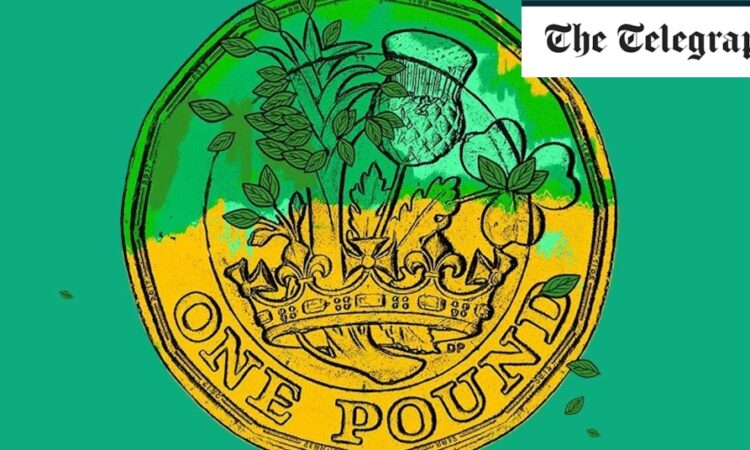
Similarly the ban on sales of new petrol and diesel cars has been delayed from 2030 to 2035.
Even so, the “leviathan of central planning” marches on, belying the rhetoric ministers use to appease the growing chorus of dissent. Ministers say one thing, but do another. Is it any wonder that public disillusionment with politics is so widespread?
The concession to car makers, for instance, is in practice more illusory than real, since the mandatory quota regime for the introduction of all electric vehicles has been left substantially unchanged.
Ms Coutinho insists that she does not wish to take the path of targets, of government dictated prices and quotas, but this is in fact the road the Government has chosen, no question about it.
Only last September, the Transport Secretary, Mark Harper, boasted that “the zero emission vehicle mandate means the country will have the most ambitious regulatory framework for the switch to electric vehicles (EVs) in the world.”
Global leadership in regulation is all very well, but if it undermines what remains of the British car industry, with £67bn of annual turnover and nearly a million employees, it comes at quite a price.
Under the mandate, car manufacturers are required to ensure 80pc of new cars and 70pc of new vans sold in Britain by 2030 are zero emission, with a series of thresholds along the way to ensure compliance.
Extending the deadline by five years for the outright ban on new petrol and diesel cars isn’t going to make much difference as long as these thresholds remain in place.
The reality is that the industry is not, as things stand, sufficiently prepared for the changeover demanded of it. On the other hand, China, with its chokehold on current battery supply and many of the minerals needed for their production, very much is, and as a result is already making deep inroads into European markets, including the UK.






